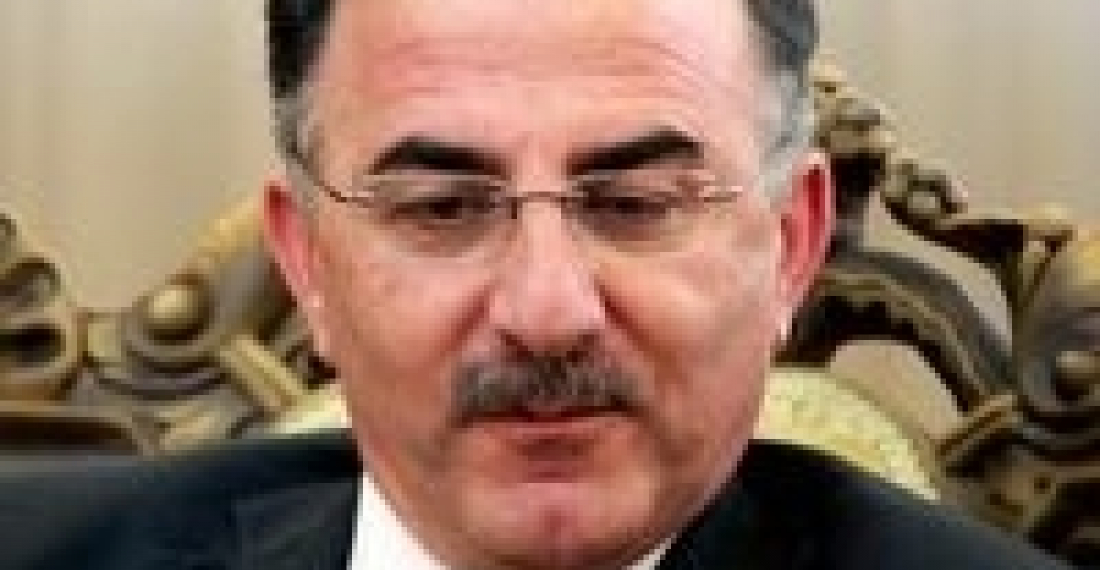Azerbaijan Republic ambassador to Tehran in a meeting with Iran Deputy Foreign Minister in Asia and Pacific Affairs presentedexplanation concerning arms deal with Israel.
IRNA reports that, following news concerning arms deal between Azerbaijan Republic and Israel worth around one and half billion dollars, Javanshir Akhundov was invited by the deputy FM Seyed Abbas Araqchi to the ministry and Iran asked for official explanation about the news.
The ambassador said that purchased equipment from Israel are solely "to free occupied territory" of Azerbaijan Republic and that the government will not allow these arms be used against another country, especially Islamic Republic of Iran.
He repeated his country's intention to develop relations with Iran and called for exchanging views to remove any kind of misunderstanding.
Considering declared policy by Israel on growing penetration in bordering countries with Iran and using these states' territories
against it, the Iran's senior diplomat warned against any kind of use of Azerbaijan Republic territory by the Israeli regime for terrorist acts against Iran.







